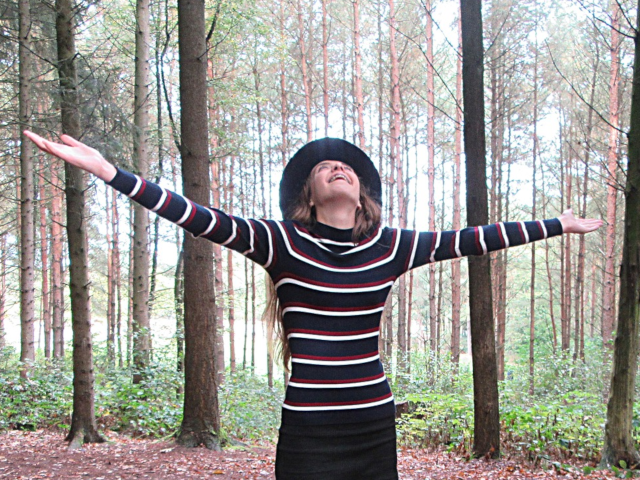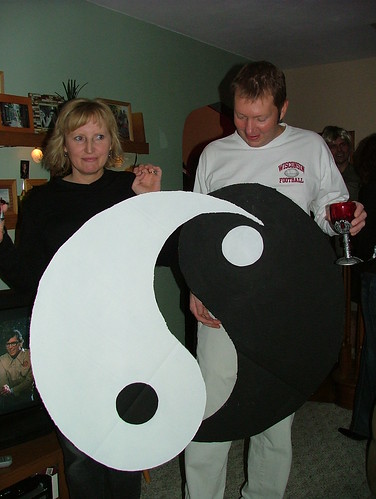
Berne, like many others studying human behaviour at the time, suggests that a childlike stance is more likely to occur in a person’s third or fourth decade of life, after the skills to ensure survival have been fully developed.
By then, you have learned from experience that your subconscious mind will take care of many operations: practicing social niceties are now a matter of habit and you know you’re socially safe. You can now enjoy special moments in life without inhibition or fear.
To maintain the autonomous state, however, requires constant vigilance as you move away from the programmed script that influenced your past behaviour patterns.
If we lived in Utopia, we wouldn’t have to learn social survival skills, but we don’t...
Read More













